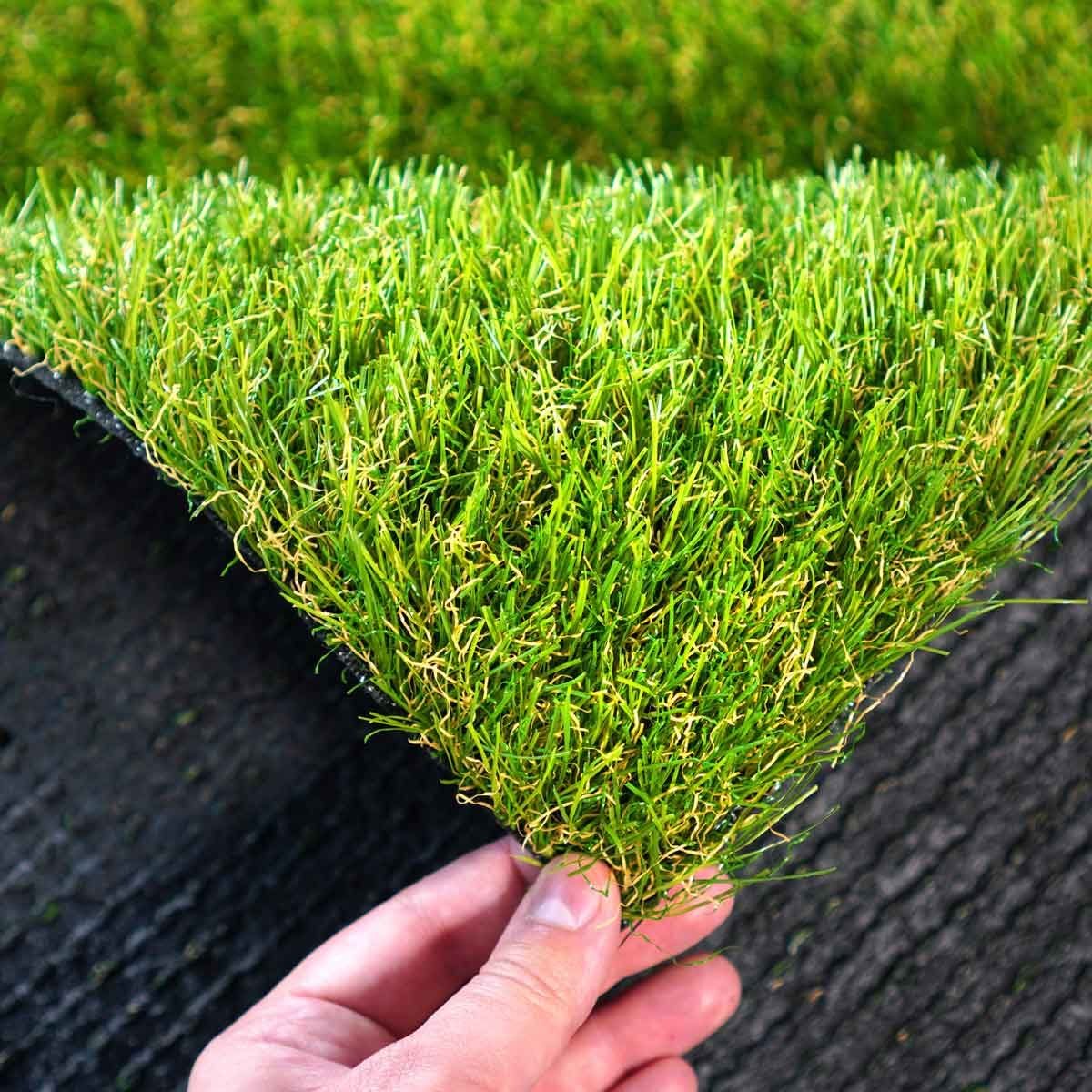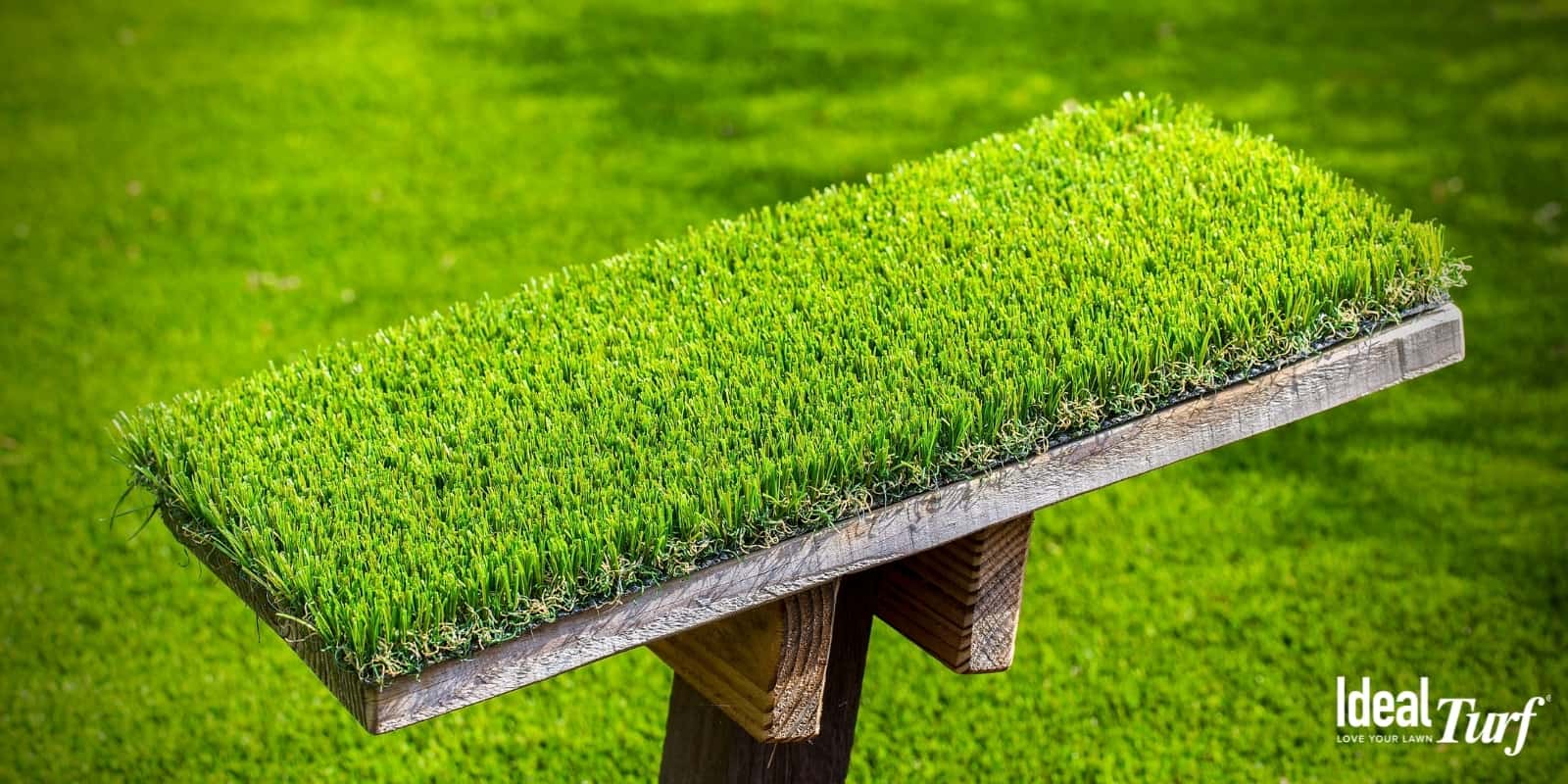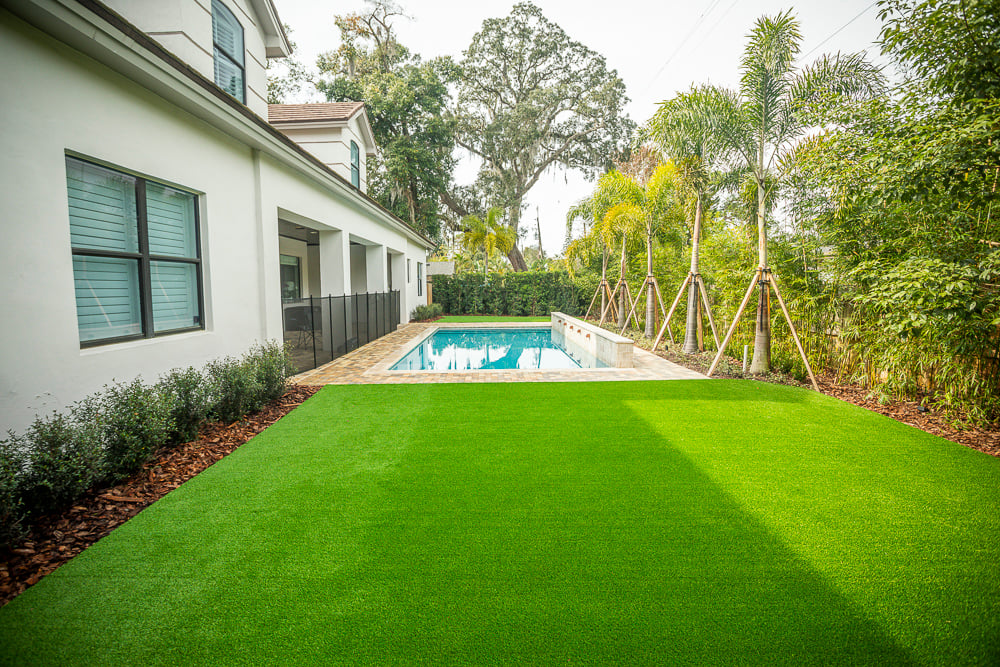Choose the Leading Turf Installation Phoenix AZ Solutions for Your Home or Business
Choose the Leading Turf Installation Phoenix AZ Solutions for Your Home or Business
Blog Article
Explore the Environmental Conveniences of Opting for Synthetic Grass Solutions
The fostering of synthetic lawn solutions offers an engaging chance to deal with pushing ecological difficulties. By dramatically minimizing water usage and lessening the application of damaging chemicals, these choices not just advertise lasting landscaping but additionally safeguard regional ecosystems.
Water Conservation Conveniences
Among the most significant advantages of fabricated lawn is its ability to save water. Typical grass lawns call for significant watering, specifically in areas vulnerable to dry spell or water constraints. In comparison, man-made lawn does not require watering, significantly minimizing the overall demand for water sources. This attribute is specifically helpful in dry regions where water shortage is a pressing issue.
By getting rid of the requirement for routine watering, artificial grass adds to lasting landscape methods and aids mitigate the environmental influence of too much water consumption. The conservation of water prolongs to the decrease of runoff, which can lead to dirt erosion and waterway contamination.
In addition, the installation of synthetic lawn allows districts and house owners to assign water resources a lot more successfully, concentrating on essential uses such as drinking water and agriculture. The change in the direction of artificial turf not only promotes responsible water use yet additionally straightens with more comprehensive environmental goals aimed at protecting natural deposits.
As communities progressively focus on sustainability, the water conservation benefits of synthetic turf present an engaging instance for its fostering in property and industrial landscape design tasks.
Decreased Chemical Use
The shift to synthetic lawn dramatically lowers the dependence on chemical treatments commonly utilized in natural grass upkeep. Traditional grass management usually includes the application of chemicals, fertilizers, and herbicides to promote development and control insects. These chemicals can posture threats to human health and wellness, local wild animals, and the environment, adding to soil and water contamination.
In contrast, artificial grass gets rid of the demand for these harmful compounds. By decreasing the release of synthetic substances right into the ecosystem, artificial lawn advertises much healthier soil and water systems.
Furthermore, the lack of chemical runoff connected with synthetic grass installations assists safeguard regional waterways from contamination, sustaining water life and preserving biodiversity. Arizona artificial turf. As communities increasingly prioritize lasting techniques, choosing synthetic turf presents a viable service that aligns with environmental preservation goals. Through this shift, homeowner can delight in rich eco-friendly rooms without jeopardizing ecological health, paving the means for an extra sustainable future
Lower Carbon Impact

In addition, the setup of fabricated turf can cause considerable water preservation. Natural grass need substantial quantities of water for watering, which not only includes in the carbon footprint connected with water extraction and treatment however additionally strains regional water resources. On the other hand, synthetic grass requires marginal maintenance, needing no watering, thereby dramatically decreasing water use and its associated energy costs.
Additionally, the longevity of synthetic grass adds to its reduced carbon impact. With a life expectancy of approximately 15 years or even more, the need for constant replacements is reduced, causing much less waste and reduced energy consumption in manufacturing and throwing away typical turf options. Generally, synthetic grass presents a sustainable choice for ecologically mindful landscaping.
Environment Preservation
Habitat preservation is a crucial consideration in the debate over landscape design selections, especially when comparing synthetic grass to natural yard. Natural lawn lawns usually need comprehensive upkeep, including using herbicides, fertilizers, and chemicals, which check here can detrimentally affect regional communities. These chemicals can leach right into the soil and waterways, hurting indigenous plants and fauna and interfering with local environments.
On the other hand, artificial lawn presents an opportunity to lower the environmental impact of landscape design. By deciding for synthetic grass, homeowners can lessen the disruption of all-natural habitats related to conventional yard care techniques. Synthetic lawn removes the requirement for hazardous chemicals, therefore safeguarding close-by wildlife and keeping the integrity of surrounding ecological communities. The installment of fabricated turf can lead to the conversion of former grass areas into more biodiverse landscapes, such as pollinator gardens or native plant areas, which can support regional wildlife.
Inevitably, the shift to artificial lawn not only conserves water and reduces upkeep efforts however additionally cultivates a much more unified connection in between human activities my link and the native environment, promoting environment preservation at the same time.
Long-Term Sustainability
Lasting sustainability is a critical element in assessing the advantages of synthetic grass over typical yard yards. One of the most significant benefits of fabricated grass is its toughness; it can last as much as 15-20 years with minimal maintenance, whereas natural yard needs frequent reseeding and replacement. This longevity lowers the requirement for constant resources, such as water, fertilizers, and chemicals, which are crucial for preserving a healthy turf lawn.
In addition, synthetic grass adds to a reduction in carbon discharges associated with yard care devices. Conventional grass usually need gas-powered lawn mowers, leaners, and blowers, every one of which add to air contamination. Arizona turf. In comparison, synthetic lawn eliminates the requirement for such tools, promoting a cleaner atmosphere
Moreover, the production of synthetic turf progressively makes use of recycled materials, improving its sustainability account. As manufacturers embrace environment-friendly techniques, the ecological impact of man-made turf remains to decrease.

Final Thought
The fostering of synthetic grass remedies presents considerable ecological benefits, consisting of substantial water preservation, decreased reliance on harmful chemicals, and a lower carbon footprint. Synthetic grass help in protecting all-natural environments by lessening land disruption and advertising long-term sustainability via the usage of sturdy materials. Collectively, these elements underscore the possibility of synthetic grass to add favorably to environmental health and provide a sensible option to standard landscaping techniques in a significantly resource-conscious globe.
In comparison, man-made turf does not need watering, dramatically reducing the total need for water resources. By decreasing the release of synthetic substances right into the ecological community, man-made turf promotes much healthier soil and water systems.
Furthermore, the installment of man-made grass can result in considerable water preservation. In contrast, fabricated turf requires minimal upkeep, requiring no watering, consequently dramatically lowering water usage and its connected power costs.

Report this page